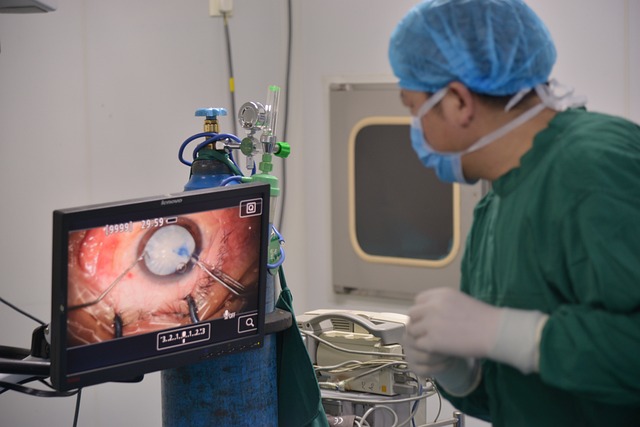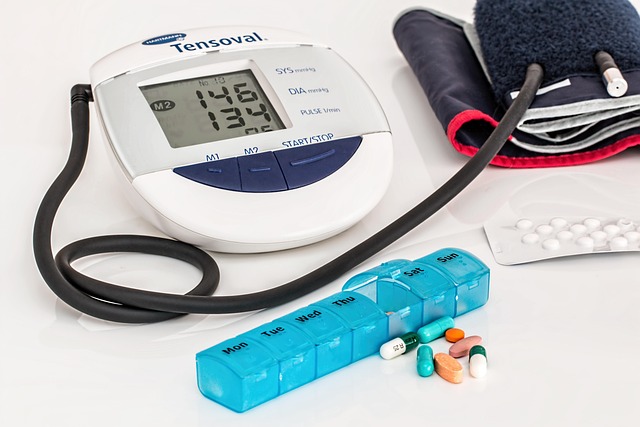Revolutionizing Health Care: The Technological Advancements of Robotic Surgery
In recent years, robotic surgery has emerged as a beacon of hope in the realm of medical innovation, redefining surgical practices and enhancing patient outcomes. The integration of advanced robotics into the surgical landscape has not just streamlined operations; it has transformed the entire approach to treatment and recovery.
Technological Innovations
The rise of technological innovations in robotic surgery has opened up new horizons for both surgeons and patients. With precision and accuracy that surpasses traditional techniques, robotic systems allow for minimally invasive procedures. Surgeons can now perform complex tasks with remarkable dexterity, reducing the likelihood of complications. This capability is not just a technological marvel—it’s a leap towards safer, more efficient surgeries.
One of the standout features of robotic surgical systems is their ability to provide enhanced visualization through 3D imaging. Surgeons can navigate intricate anatomical structures with unprecedented clarity, leading to better outcomes. This innovation is not just about technology; it’s about enhancing the human touch in medicine, empowering surgeons to make informed decisions based on real-time data.
Health Innovations
The health innovations that accompany robotic surgery are equally profound. Patients experience shorter recovery times, less postoperative pain, and decreased risk of infection. With robotic systems, surgeries that once required extended hospital stays can now often be completed on an outpatient basis. This shift not only alleviates patient stress but also significantly reduces healthcare costs associated with lengthy hospital admissions.
Moreover, the advancements in robotic surgery also extend beyond the operating room. These systems are constantly being refined through artificial intelligence and machine learning, which means they are becoming smarter and more capable at performing intricate tasks. As these technologies evolve, the future of healthcare points towards enhanced precision in surgeries, reduced margins for error, and overall improved patient satisfaction.
For both patients and healthcare providers, the transition towards robotic surgery represents a brighter future filled with opportunities for innovation and improved care. As we continue to embrace these advancements, the impact on healthcare delivery will only grow, fostering a new standard of excellence in surgical practices around the world.




